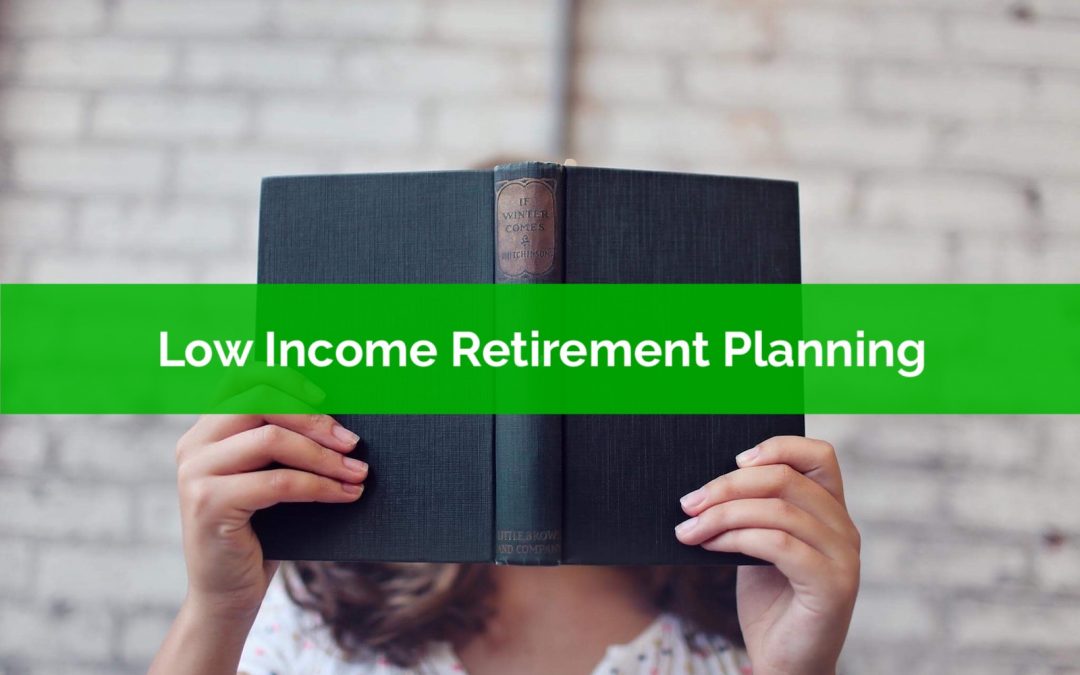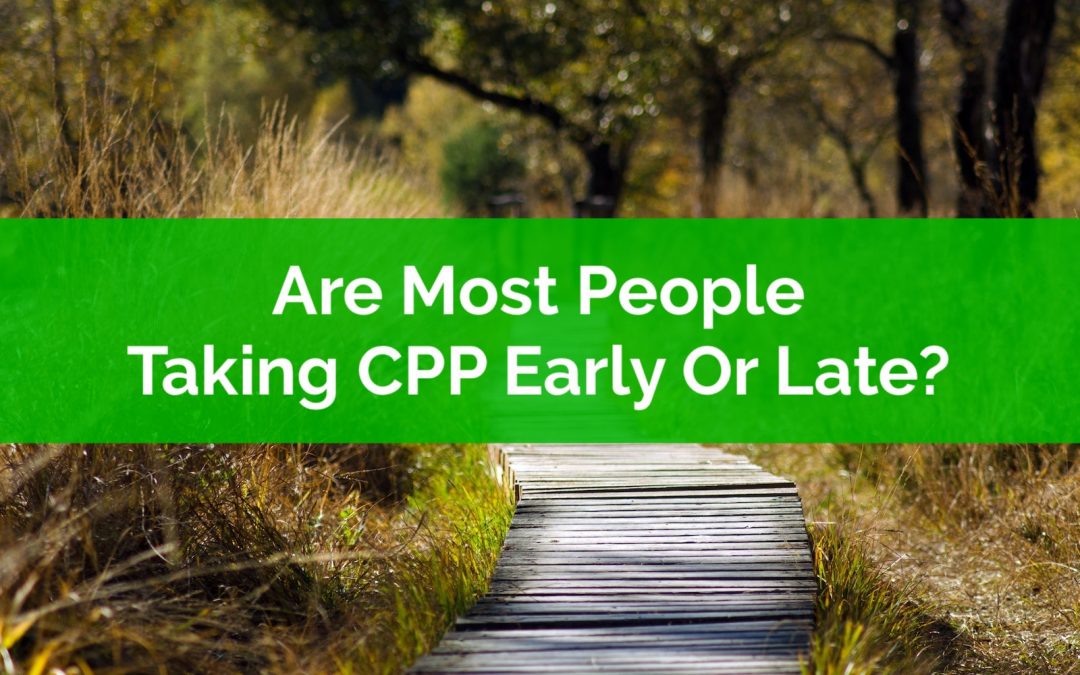
by Owen | May 11, 2020 | Budgeting, Financial Planning, Get Out Of Debt, Government Programs
Having the option to defer mortgage payments has been a great source of relief for many Canadians. The large banks introduced options to defer up to 6-months of mortgage payments. But what is the cost of mortgage deferral and how does your mortgage change in the future?
The option to defer mortgage payments has been incredibly helpful for those with reduced income or cash flow. It’s provided an enormous amount of relief. It’s even allowed some people to build up a small amount of emergency savings (a personal finance best practice).
But what is the cost of these reduced payments? How will interest be accrued? What options do you have to reduce this accrued interest in the future?
In this post we’re going to use our free debt calculator to estimate the cost of mortgage deferral. We’re going to explore how the deferral impacts both short-term and long-term finances. Plus we’ll look at how different repayment options may impact the total amount of interest paid and the length of time to mortgage freedom.

by Owen | Oct 7, 2019 | Government Programs, Retirement Planning, Tax Planning
Low-income retirement planning requires a very different set of tools than your average retirement plan and this can sometimes lead to trouble when a soon-to-be low-income retiree gets advice that has been tailored for someone with a much higher income.
What we need to consider for a low-income retiree is very different than for your average retiree and the recommendations in a low-income retirement plan can sometimes be the opposite of a regular retirement plan.
The drawdown of investment assets, the timing of CPP and the timing of OAS are among many factors that differ in a low-income retirement plan.
When it comes to low-income retirement planning we’re primarily concerned with one thing, government benefits. We want to ensure that the way we save pre-retirement and the way we create income after retirement does not impact the amount of government benefits received.
This can be very tricky and can often lead to some less than obvious recommendations.
Before we get into some ideas to consider around low-income retirement planning lets look at why government benefits are the main consideration.

by Owen | Sep 30, 2019 | Government Programs, Retirement Planning
Are most people taking CPP early or late? Delaying CPP can have many advantages (and a few downsides). Delaying CPP to age 70 can see monthly CPP benefits increase by over 220% vs benefits taken at age 60.
Delaying CPP provides a lifelong inflation adjusted pension, and for those with no defined benefit pension this can be very appealing.
But as it turns out, very few people choose to delay CPP to age 70.
So, if delaying CPP has so much appeal, why aren’t more people choosing to delay?
In the analysis below we’ll see that the vast majority of people are taking CPP at or before the age of 65. Using these statistics for CPP starting age we’ll see that very few people choose to delay CPP past age 65 and only a very small percentage choose to delay all the way until age 70.
If delaying CPP to age 70 has so many advantages, why are most people choosing to take CPP early?

by Owen | Sep 16, 2019 | Government Programs, Retirement Planning
“Should I delay OAS”?
This a common question that gets asked during a financial plan. Along with CPP payments, OAS payments will increase the longer you delay them. This creates a big incentive to delay both OAS and CPP.
Delaying OAS until 70 can lead to monthly OAS payments that are 36% higher than at age 65. This can make delaying OAS, as well as CPP, very appealing to soon-to-be retirees.
That being said, even though receiving the maximum OAS benefit sounds appealing as a retiree, the decision to delay OAS needs to include many factors, some of them are “soft” factors that have nothing to do with the financial breakeven.
OAS benefits are significant for retirees. A retiree with over 40-years in Canada between age 18 and 65 can expect to receive over $7,000 per year in OAS benefits. A couple can receive over $14,000. This makes OAS benefits an important component of any retirement plan.
But OAS benefits have one unique factor that makes the decision to take OAS at 65, or delaying OAS until 70, much more difficult, and that is the clawback. Officially called the OAS recovery tax, this clawback is 15% of every dollar earned above a certain threshold. Above this threshold, the OAS recovery tax takes $0.15 from every $1 of income until OAS is gone.
When we consider the impact of this recovery tax it may make delaying OAS very appealing in certain situations. In this post we’ll look at some of the soft factors to consider when deciding whether or not to delay OAS.

by Owen | Sep 9, 2019 | Government Programs, Retirement Planning
When is the best time to take Old Age Security (OAS)? Should you delay OAS to get the maximum benefit? Or should you take OAS as early as possible?
Old Age Security is a government retirement benefit paid to seniors over the age of 65. Unlike Canada Pension Plan, Old Age Security payments come from government revenue. It has nothing to do with contributions. It has everything to do with how long you’ve been in Canada. And unlike CPP, it can be “clawed back”.
It can also be substantial. Old Age Security is worth over $7,000 per person per year if you receive the maximum benefit. For a couple that’s over $14,000 per year in retirement income. This increases with inflation every 3-months.
And like CPP, OAS payments increase the longer you delay it. The earliest OAS can start is at age 65, but for every month you delay OAS payments the benefit increases by 0.6%. If you choose to delay for a full year your OAS benefits would be 7.2% higher. If you choose to delay the full 5-years to age 70 your OAS benefits would be 36% higher!
Delaying OAS may seem appealing, but should YOU delay OAS to get the maximum OAS benefit in retirement?
Perhaps not, but it depends on your situation.

by Owen | Jun 17, 2019 | Government Programs, Investment Planning, Retirement Planning
In the last blog post we looked at the financial considerations when deciding to take CPP early or late. But personal finance is never just about the money. Half of personal finance is personal. The “best” path varies from person to person even when the numbers are exactly the same. When it comes to taking CPP early or late these personal considerations can make a big difference.
There are many “soft benefits” to taking CPP early or late. These benefits can make taking CPP early look more favorable… or it can make taking CPP later look more favorable… it just depends on how much YOU value each benefit.
Before deciding to take CPP early or late it’s important to understand what your goals are for retirement. Not just financial goals but personal goals. What do you want to do in retirement? What does your retirement look like? This may inform some of your decisions around these “soft benefits”
It can also help to have a financial plan and see how taking CPP early or late helps you achieve your financial goals. Everyone is different, and the decision to take CPP wont be the same for everyone.






